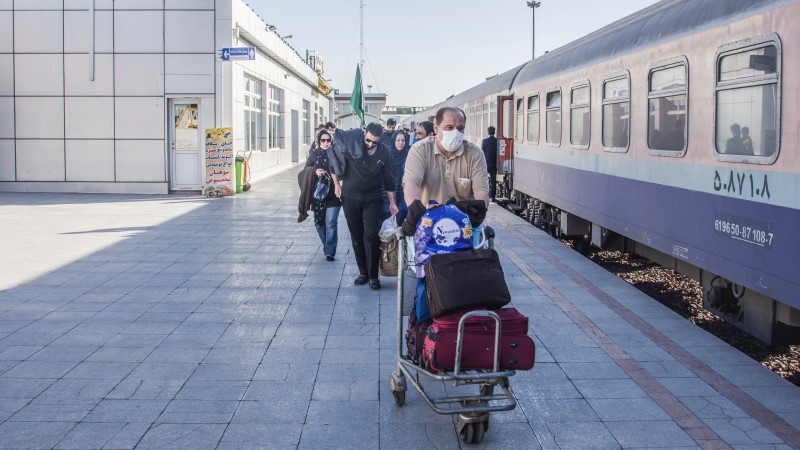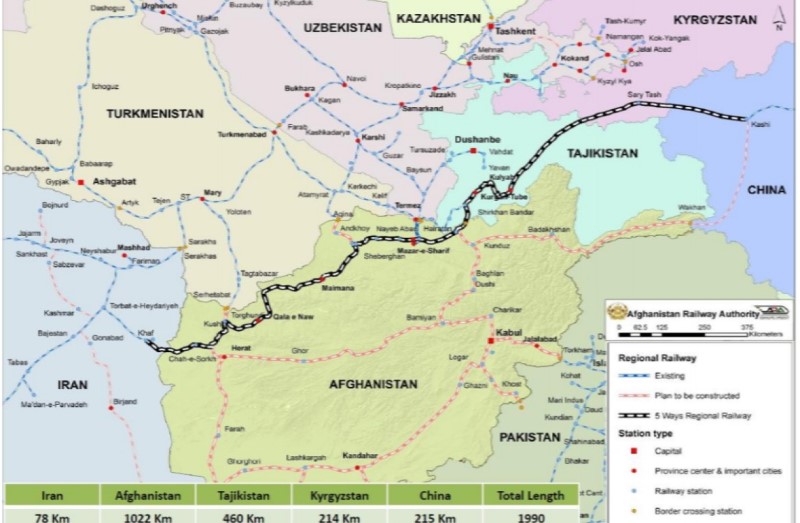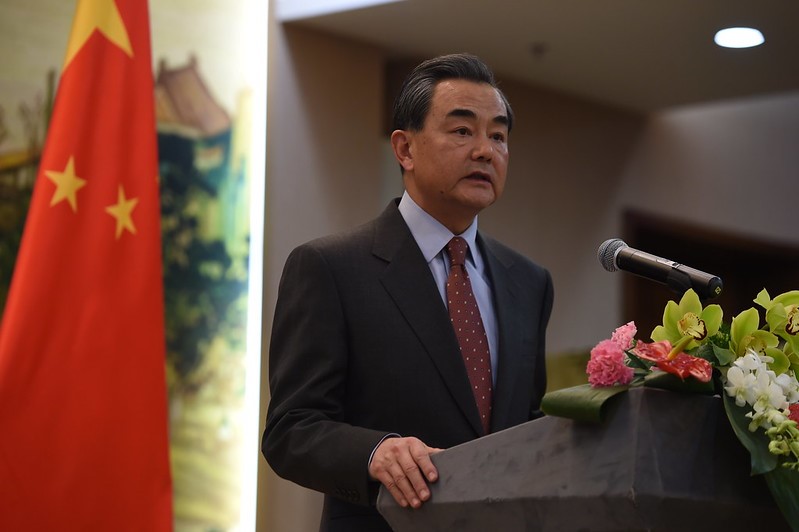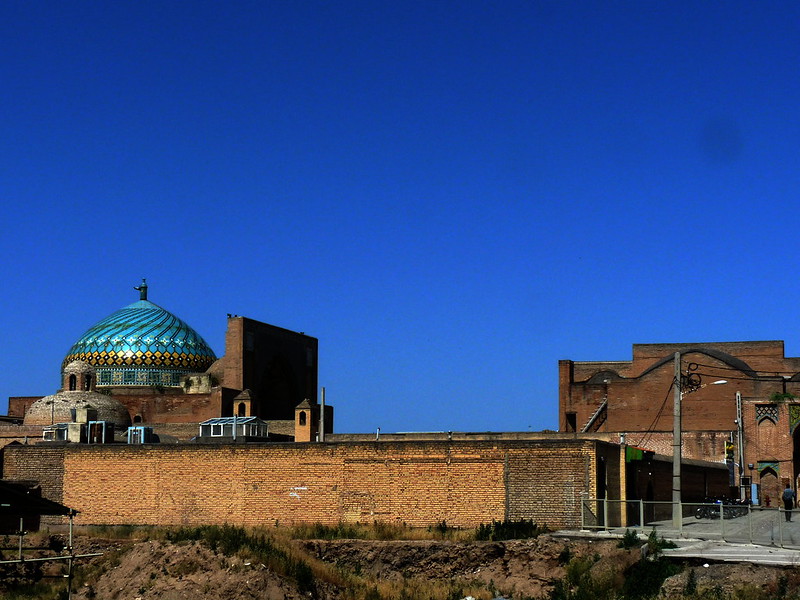The prospect of six-party regional cooperation in the South Caucasus
By Fuad Shahbazov
January 26, 2022, the CACI Analyst
On October 6, 2021, Russia’s Minister of Foreign Affairs Sergei Lavrov met his Iranian counterpart Hossein Amir Abdollahian in Moscow to discuss regional security and economic cooperation, and to address important concerns regarding the crisis in the South Caucasus. During the joint press conference, Lavrov repeatedly highlighted the idea of a “3+3 cooperation format” including the three South Caucasus states – Armenia, Azerbaijan, and Georgia – plus their three large neighbors, Russia, Turkey, and Iran, to focus on unlocking economic and transport communications in the region. The first meeting within the format took place in Moscow on December 2021; however, Georgia refused to take part. Moreover, recent tensions in the region between Armenia and Azerbaijan as well as Azerbaijan and Iran suggest that the proposed format will not generate visible positive outcomes.

Iran and South Caucasus Railway Connections after the Nagorno-Karabakh War
By Vali Kaleji
July 8, 2021, the CACI Analyst
After the Second Karabakh War, the tripartite ceasefire agreement on November 10, 2020, opens a possibility for Iran to become connected to the southern railway network in the South Caucasus. As a result of the First Nagorno-Karabakh War, an important part of the South Caucasus Railway, which passed through the Nakhichevan region, Syunik Province in southern Armenia, and Jabrail, Fizuli and Zangilan regions in southern Azerbaijan, was destroyed or removed from communication routes. As a result, unlike Turkey and Russia, Iran has no rail connection to the Caucasus.

Iran and Afghanistan Inaugurate Cross-Border Railway
By Sudha Ramachandran
April 27, 2021, the CACI Analyst
A new railway line running between Khaf in Iran and Herat in Afghanistan has generated much optimism in the two countries as it has the potential to boost bilateral travel and trade. The railway link is important to the larger region as well as it is part of the ambitious Five Nation Railway Corridor project. While there are great expectations of the FNRC project and the Khaf-Herat railway link’s recent inauguration in the participating countries, the road ahead will not be easy and the project faces implementation problems as well as competition from rival projects.

China Places Central Asia in its Gunsights
By Stephen Blank
December 14, 2020, the CACI Analyst
China has offered the Taliban investments in energy and infrastructure projects in return for the conclusion of a peace deal with the government in Kabul. In return for peace, China would commence building a major six-lane highway road network across Afghanistan. This road network would facilitate regional trade with Central Asia and permit direct land access from China to Iran. However, this network would also serve as a means for China to project direct force into Afghanistan, Central Asia, or Iran if needed.

The Armenia-Azerbaijan War: Downgrading Iran’s Regional Role
By Brenda Shaffer
November 25, 2020, the CACI Analyst
The security architecture emerging in the South Caucasus following the war between Armenia and Azerbaijan led to significant changes for the region’s three main powers: Russia and Turkey gained increased power in the region, while Iran’s leverage in the region declined. The war outcomes also strengthened domestic challenges from Iran’s large ethnic Azerbaijani community, which opposed Tehran’s support for Armenia in the war.







 Book S. Frederick Starr and Svante E. Cornell,
Book S. Frederick Starr and Svante E. Cornell,